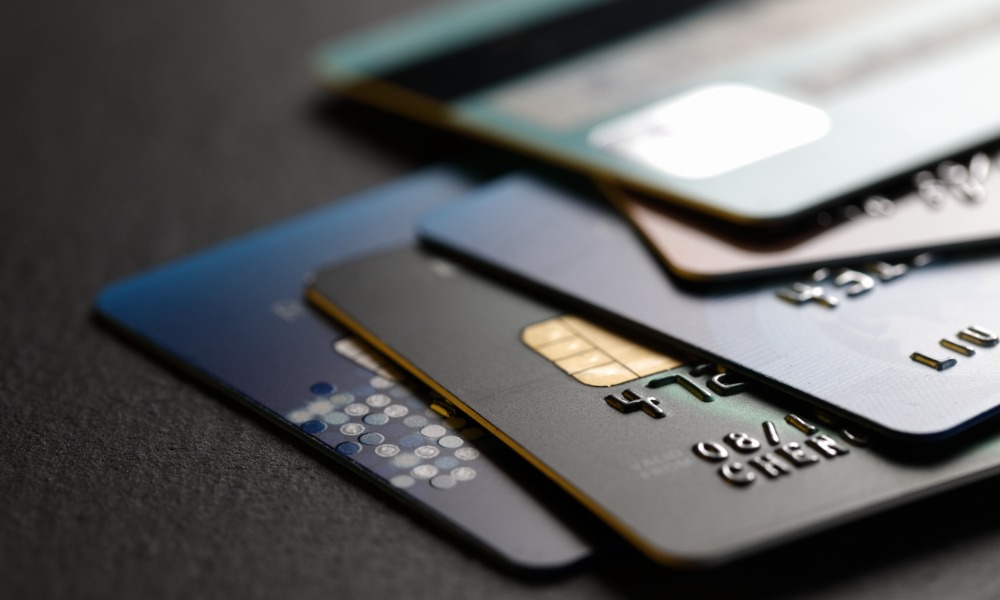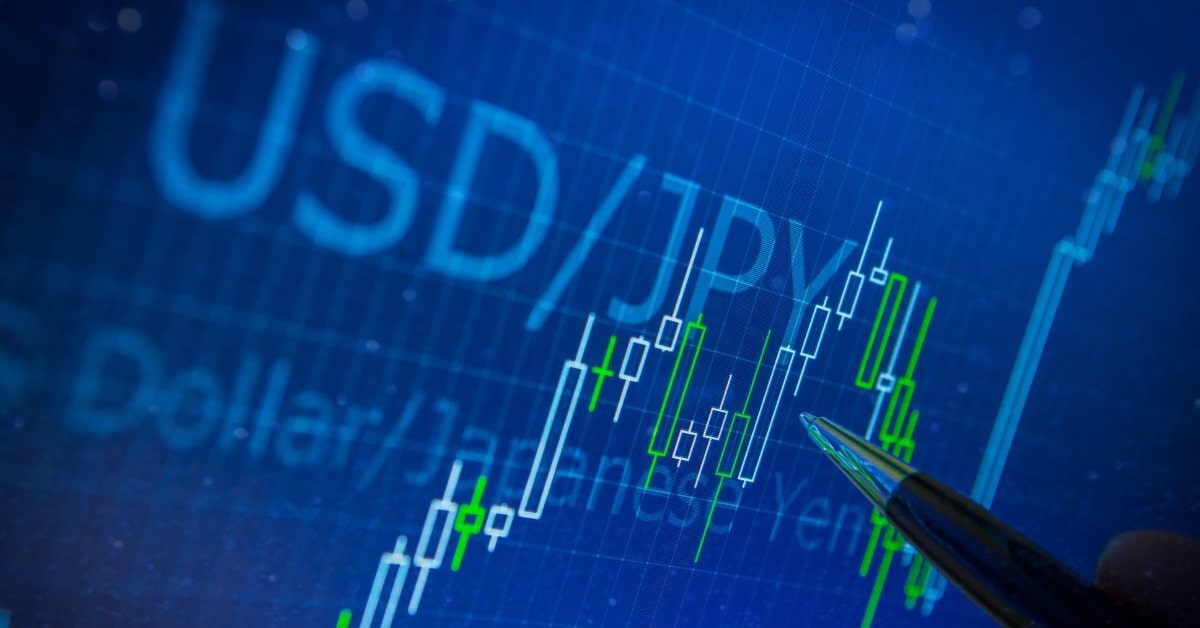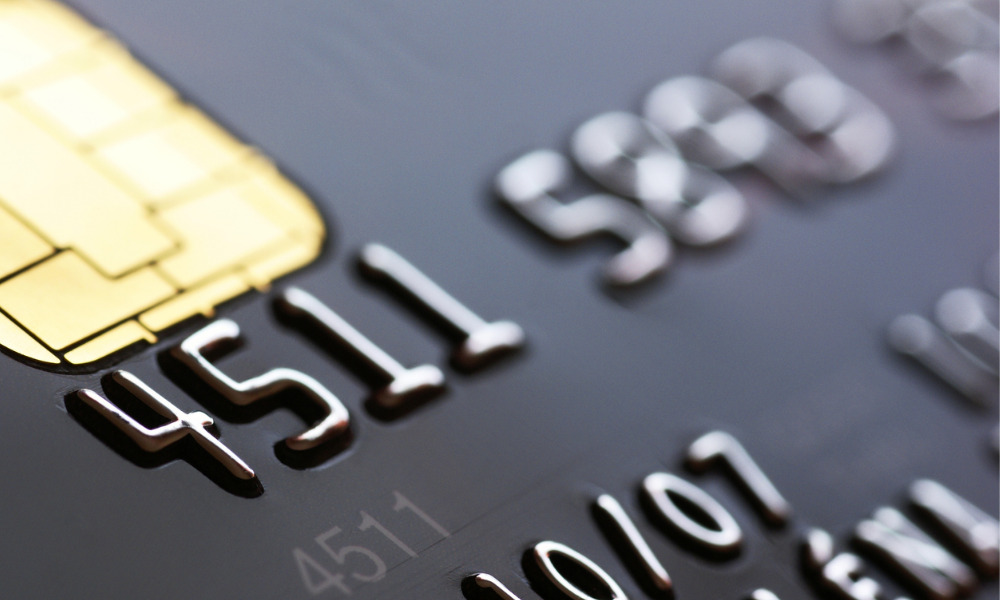“Jab zindagi credit pe chal rahi ho to vastavikta thodi si dhundhli ho jati hain.”
Whether you should own a credit card or not? This is a whole new discussion, and we won’t address that in this blog. But I know what you are thinking. Credit card means debt? Well, not always.
Secondly, what is the rate of interest on your credit card outstanding is a determinant in building wealth. If you are thinking of buying a credit card, then chances are that you are just focussing on that one-time signing bonus, cash back for purchases, reward points, and frequent flyer miles.
However, there’s one more aspect that you need to focus on. And that aspect is the interest rate on your credit card outstanding. We will understand the factors affecting the interest rate on your credit card outstanding in this blog.
Secondly, we will also find out how small personal loans can help you get better credit card interest rates.
What are credit card interest rates?
“20-25 din ke baad har transaction pe paisa lagega.”
When you buy a new credit card, you are allotted a certain duration during which no interest will be levied on any transaction made. However, after that interest-free period of (let’s suppose 20–25 days) ends, interest is levied on transactions. However, this interest is only levied when you fail to pay your credit card bill completely.
These interest rates on credit rates are also known as Annual Percentage Rates (APRs). These rates are not affected by a person’s credit score and repayment capacity.

How are interest rates applied to credit card outstanding balances?
Interest is levied on your credit card outstanding payment when you fail to repay the due amount or miss a monthly payment. However, no interest will be charged if you repay the full amount before the due date.
While applying for a credit card, it’s very important to be aware of the terms and conditions of your credit card. For example, ICICI Bank Instant Platinum Credit Card has a monthly interest rate of 2.49%, while ICICI Bank Coral Credit Card has a monthly interest rate of 3.40%.
Now let’s suppose you have an ICICI Bank Instant Platinum Credit Card with a 30-day billing cycle. On September 1, 2024, you make a purchase of ₹7,000. However, due to some reason, you forget to make the full payment by the due date. Now as per the monthly interest rate, you will be charged 0.083% of your due payment per day.
So, you will be charged ₹174.5 per day.
Strategies to manage credit card interest rates
If you use the credit card irresponsibly, you get caught up in a debt trap. That’s why it’s important to not repeat the most common mistakes after you own a credit card. So, we have prepared a list of ‘Things Not To Do’ after you own a credit card.
Paying on time: Always remember the last date of your billing cycle. You have to ensure that there’s no due payment on your credit card. Secondly, try to pay more than the minimum amount due each month. This will help you pay off your debt earlier.
Negotiating lower rates: If you have a squeaky clean record in repayment of the due payment each month, then you can ask for a lower interest rate.
Transferring balance to lower interest rates: Have you ever heard of balance transfers? In such a scenario, you can move your outstanding balance to a card with a lower interest rate or even a 0% introductory APR period.
The role of budgeting and financial planning: If you keep an upper slab on the transactions made on your credit card spending, then you can bring down these interest rates.
How are credit card rates determined?
“Jitna chukaoge, utna kamaoge.”
When it comes to deciding the interest rates on your credit cards, there are several factors that hold a significant influence. Factors that influence interest rates:
- Credit score: If your credit score is on the higher side, then the interest rate on your credit card is negotiable.
- Payment history: If you have repaid all the past dues on time and have good creditworthiness, then you will have a lower interest.
- Lender Policies: You have to check whether you have a variable rate of interest or a fixed rate of interest. For example, if you have a variable rate of interest, then it will change periodically based on an index rate.
- Economic Conditions: Inflation is the main determinant that holds any impact on the interest rate on credit cards. For example, if the inflation is high, then the interest rate will be kept high to regulate money in the economy.
Conclusion
What if you need to buy something on an urgent basis and your bank account has 0 balance? In such a situation, a credit card comes to the rescue. Not only that, when you use a credit card, you get a grace period between when you made the payment and when you need to repay the due amount.











Comments